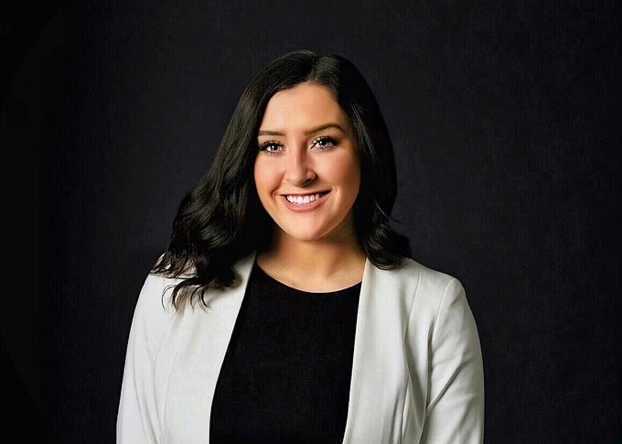Want unlimited access to top ideas and insights?
One in five Americans has bought, sold or used crypto as a form of payment, but many investors and their advisors aren't fully aware of the tax consequences of trading or exchanging digital assets. Meanwhile, a crypto reporting requirement in the 2021 infrastructure law may result in unexpected fines or worse for crypto investors.
For more on these stories and other crypto news, read our roundup below.












